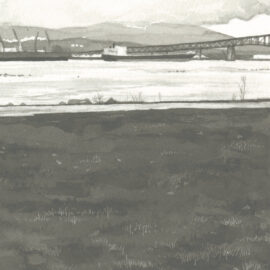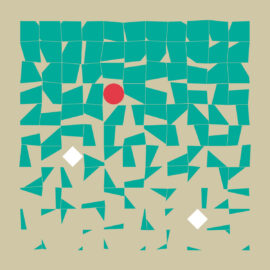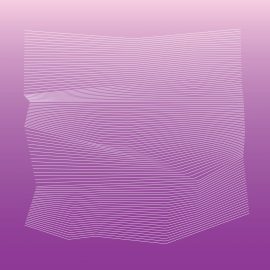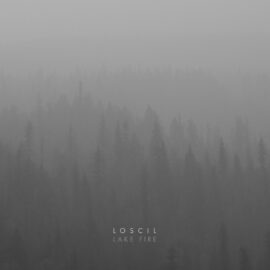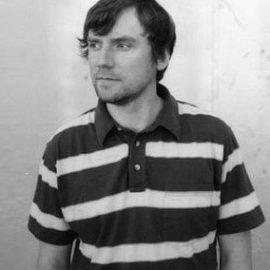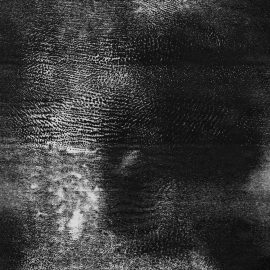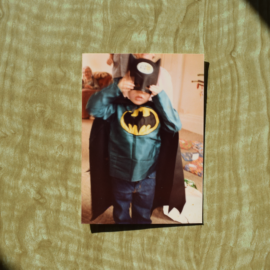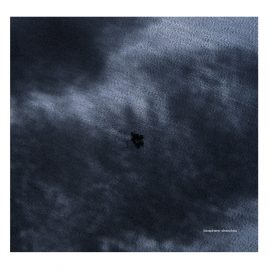I’ve told you about the new Headphone Community already, right? Well, be patient with me, please, because I’ll tell you again. This morning I have announced the next featured artist, who is, as you may have already guessed, loscil. During the month of August we will dive deeper into his music with previously unreleased tracks, exclusive interviews, and member-only perks. You can join today, and pay as little as $1 a month. Here’s what I’ve shared with the community about loscil.
I am pretty sure that I’ve been listening to Scott Morgan’s music from his very early beginnings, when in 2001 he released his debut on Kranky, titled Triple Point. When I officially launched Headphone Commute seven years later, one of the first albums I covered was Plume, and this is where I began diving deeper into his ambient soundscapes constructed with looping oscillators and his project, named after a function in Csound computer language. Since then, Scott’s music has evolved much further, transforming this “looping” into a personal cartography of place, time, and human fragility. Within Scott’s world, music occupies more than space with its repetitive pressure levels. It breathes space itself, pulsates within it, becoming indistinguishable from the very air in which the frequencies live.
In over two decades, arriving at his latest album, Lake Fire, I have witnessed more than just an artistic evolution of this Canadian composer. I followed his music along, and it became a documentation of a consciousness grappling with an increasingly unstable world, finding solace in the patient construction of his sonic architectures that can weather any storm. His music emerges from a practice of deep listening, where environmental sounds become the foundational components of compositions that feel simultaneously ancient and futuristic.
The influence of classic dub (particularly the spacious minimalism of King Tubby) courses through Scott’s work like underground rivers, surfacing in the patient deployment of echo, the sculptural use of bass frequencies, and the understanding that music’s power often lies not in what is offered on display, but in what is withheld. Yet Scott’s vision extends far beyond genre constraints, drawing equally from the glacial minimalism of Stars of the Lid, the environmental isolationism of Thomas Köner, and the rhythmic hypnosis of Pole and Gas. Scott’s music always reveals new layers with focused attention while remaining perfectly at home in the periphery of consciousness. Albums like Coast/ Range/ Arc and Sketches from New Brighton (which we’ll revisit here again) serve as sound postcards from specific geographical locations. They transcend mere field recording to become meditations on the relationship between human perception and natural phenomena.
In our upcoming deep dive, we’ll also investigate how Scott’s music functions as a form of temporal architecture. I think that these compositions actively reshape our perception of time and space. In the last decade, your attention has been consistently fought for by algorithms that intend to monetise it. But you can take it back, by “spending your time” with us here, listening to Scott’s patient, evolving soundscapes, which gift you your attention back. This is a space for genuine contemplation, where loops become mantras and repetition becomes transcendence itself. So, in this last month of the summer, I invite you to slow down, breathe deeply, and allow these carefully constructed sonic environments to wash over you like the Pacific rain that has shaped both the landscape and the imagination of their creator. This is music that serves as both refuge and revelation in our increasingly messy world. So turn off that other glaring device, and put on your headphones. Let’s all take a well-deserved break from the chaos within.
